Iraqi forces battle Islamic State for Tikrit on two fronts
Updated: 2015-03-13 11:19
(Agencies)
|
||||||||
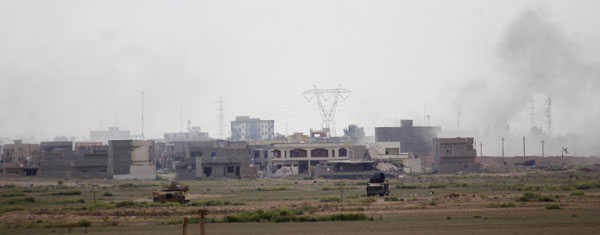 |
|
A general view of the city of Tikrit as smoke rises during clashes between the Islamic State militants and Shi'ite forces March 12, 2015. Iraqi security forces and mainly Shi'ite militia exchanged fire sporadically with Islamic State fighters in Tikrit on Thursday, day after they pushed into Saddam Hussein's home city in their biggest offensive yet against the militants. [Photo/Agencies] |
On Thursday, militiamen were heard intercepting IS walkie-talkie signals, listening to the militants' call for reinforcements and ordering mortar fire on the soldiers as they closed in. Along the route between Salahuddin's command center and the battlefield, charred remains of tankers and cars used by suicide bombers litter the roads, and homes bear signs of months of war, damaged by bombs and bullets.
Military officials told the AP they are advancing with caution in an effort to limit damage to the city's infrastructure, so that residents can return quickly once Tikrit is retaken. A satellite image of Tikrit, released last month by the United Nations, showed that at least 536 buildings in Tikrit have been affected by fighting, with at least 137 completely destroyed and 241 severely damaged.
Earlier Thursday, al-Obeidi visited troops and met with senior military commanders of the Tikrit operation as well as Iranian Maj. Gen. Qassem Soleimani, commander of the Quds Force, an elite unit of Iran's powerful Revolutionary Guard. Soleimani and other Iranian advisers have played a key role in Iraq in pushing the Islamic State back in recent months.
The overt Iranian role and the prominence of Shiite militias in the campaign have raised fears of possible sectarian cleansing should Tikrit, an overwhelmingly Sunni city, fall to the government troops.
The United States, which spent billions of dollars training and equipping Iraq's army during its eight-year intervention, has said its allied coalition carrying out airstrikes targeting the extremists has not been involved in the ongoing Tikrit offensive.
In November, President Barack Obama authorized the deployment of up to 1,500 more American troops to bolster Iraqi forces, which could more than double the total number of US forces to 3,100. None has a combat role.
Iraq's Prime Minister Haider al-Abadi has appealed for more aid for his country's beleaguered ground forces, although the US spent billions of dollars training and equipping Iraq's army during its eight-year occupation.
The growing Iraqi impatience in many ways stems from concerns about the speed and success of the Islamic State's advance, and the Baghdad government's inexperience in handling a security crisis of this magnitude. Until recently, Iraqi security forces were focused on protecting themselves and the population against insurgent bombings and other attacks.
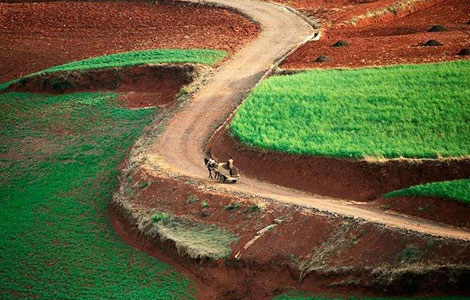
 Picturesque scenery of red earth in Yunnan
Picturesque scenery of red earth in Yunnan
 Across Canada March 13
Across Canada March 13
 Night life with a difference
Night life with a difference
 Top 8 symptoms of being a smartphone addict
Top 8 symptoms of being a smartphone addict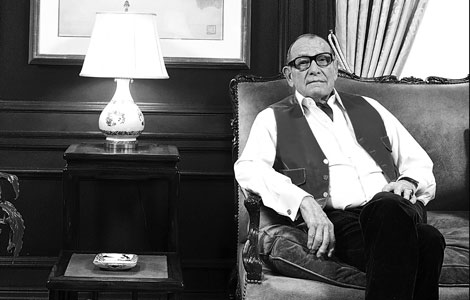
 Christie's to auction landmark Chinese collection
Christie's to auction landmark Chinese collection
 Chinese manufacturers keeping Apple Watch ticking
Chinese manufacturers keeping Apple Watch ticking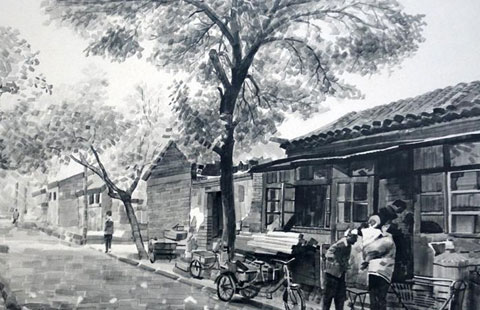
 Hutong culture captured on porcelain plates
Hutong culture captured on porcelain plates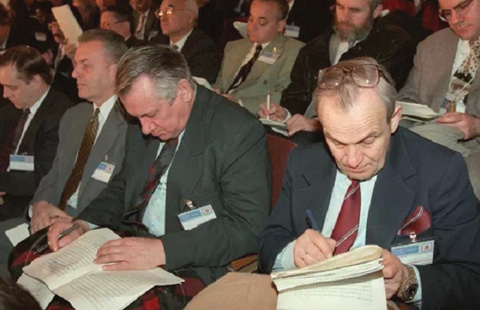
 Foreigners at the 'two sessions' over the years
Foreigners at the 'two sessions' over the years
Most Viewed
Editor's Picks

|

|

|

|

|

|
Today's Top News
Nation open to US pivot
Small Chinese firms discovering OTCBB market
Tencent, US firm join on e-books
Strong US dollar impacts world trade
Two officers shot outside Ferguson police HQ
Clinton brings Benghazi panel back in spotlight
Prudent monetary policy continues
Reproach for wrongful convictions
US Weekly

|

|







